
Whether you have oily, dry or ageing skin – everyone’s face suffers during the harsh winter weather.
“Prolonged exposure to hot water (which we use more of in winter) can strip the skin of its natural oils,” says Kim Kardashian’s cosmetic dermatologist, Dr Simon Ourian. “In winter, it’s essential to include skincare that hydrates and supports the skin’s natural barrier.”
To combat cold weather dryness, skin experts and dermatologists to the stars reveal the skin-saving techniques you should test this winter.
How to exfoliate throughout winter
Exfoliating your skin is an essential skincare step throughout the year. During the warmer months, your skin is more robust to frequent exfoliating as it is exposed to more sweat. But in winter, doing it with the same frequency as the rest of the year can exacerbate dryness.
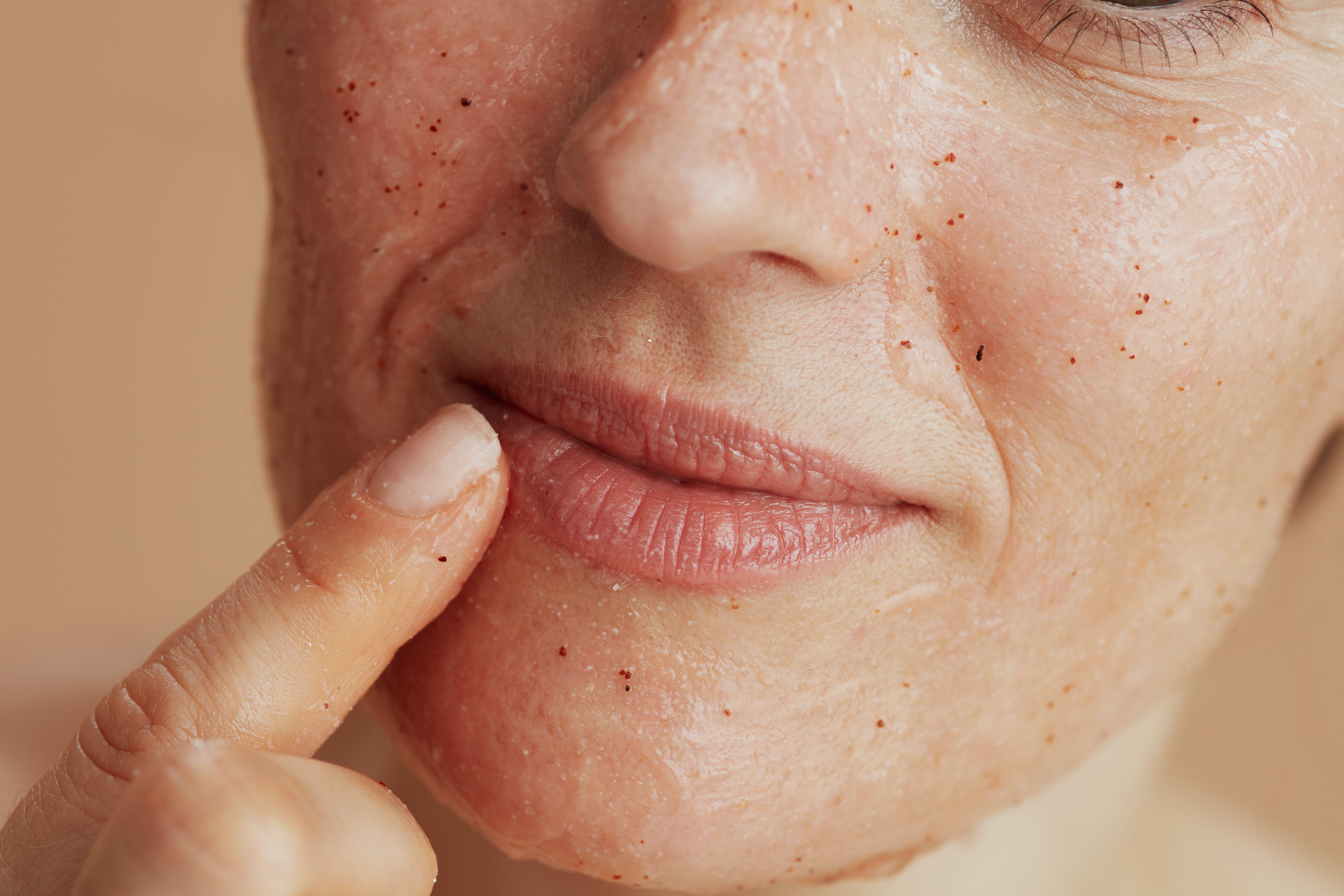
“For dry or sensitive skin you should exfoliate once a week or less, using gentle, non-abrasive exfoliants like lactic acid or enzymes,” says Ourian. “With oily or combination skin, you may still exfoliate one to two times a week but opt for hydrating exfoliants to avoid stripping oils.
“Switch to milder products and use chemical exfoliants – like AHAs – over physical scrubs, which can be too harsh in winter. Less is more!”
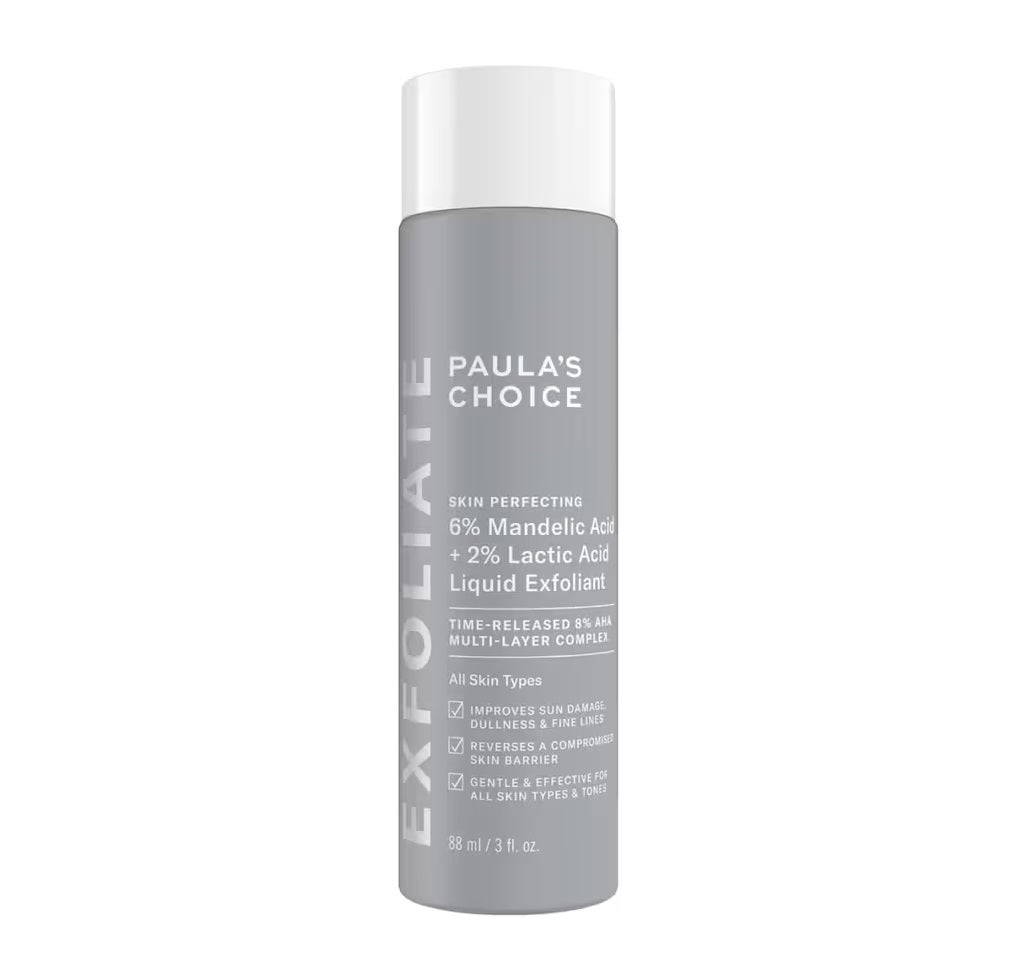
Paula’s Choice 6% Mandelic + 2% Lactic Acid AHA Liquid Exfoliant, £28 (was £35)
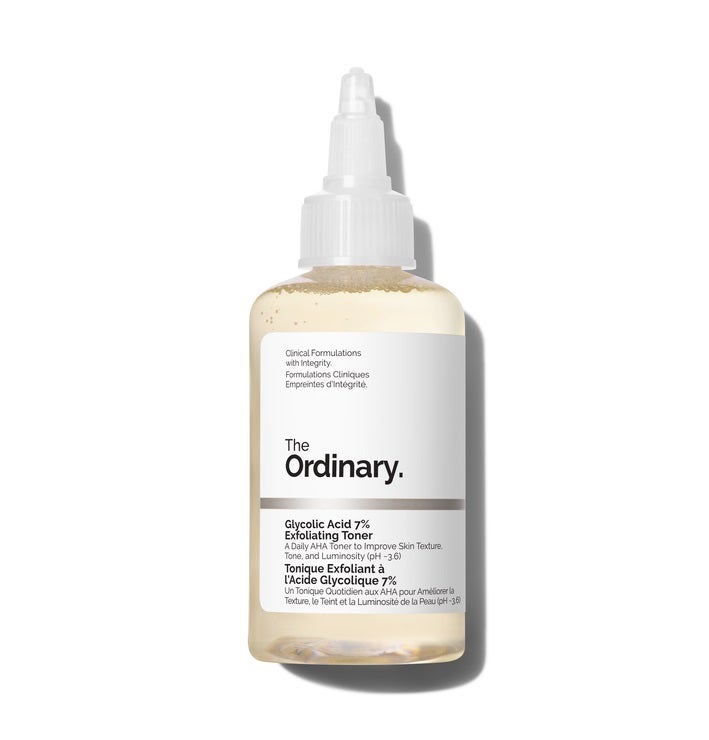
The Ordinary Glycolic Acid 7% Exfoliating Toner – 100ml, £7.70
Ingredients to avoid in cold weather
There are some common ingredients in your everyday products that can actually worsen winter dryness. Alcohol-based toners, harsh retinoids, and abrasive scrubs are all culprits.
“These [ingredients] can strip the skin of its natural oils, leaving it vulnerable to irritation,” warns Cetraben‘s Dr Erica Mulholland.
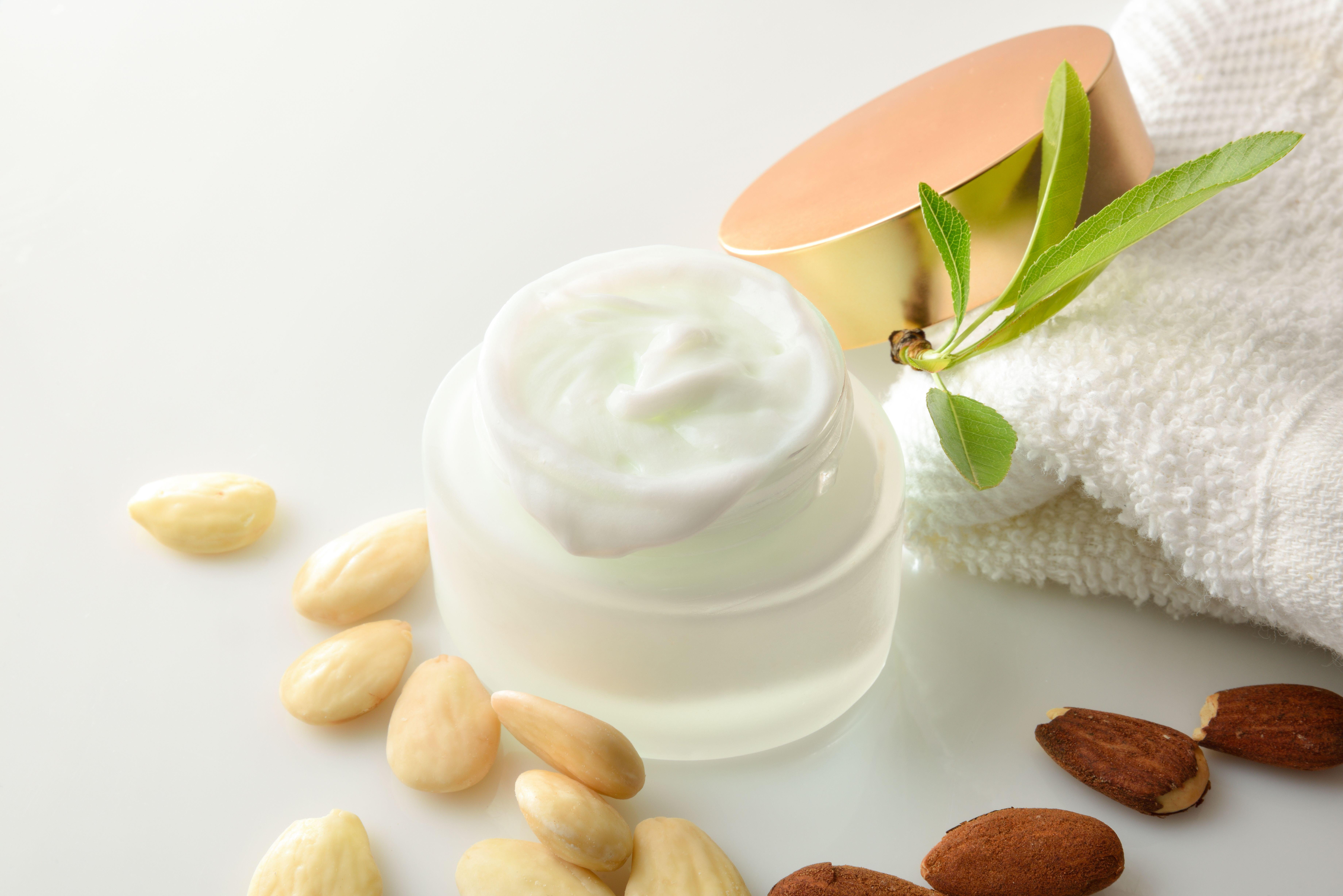
Instead, focus on soothing ingredients. “Anti-inflammatory herbs like chamomile, willow bark, and marigold maintain moisture levels while calming the skin,” advises founder of Notting Hill’s coveted wellness club Cloud Twelve, Jenya Di Pierro.
For a hydration boost, Beauty Pie‘s Nicola Moulton recommends products with hyaluronic acid and oils, “These ingredients give your skin a much-needed boost of moisture.”
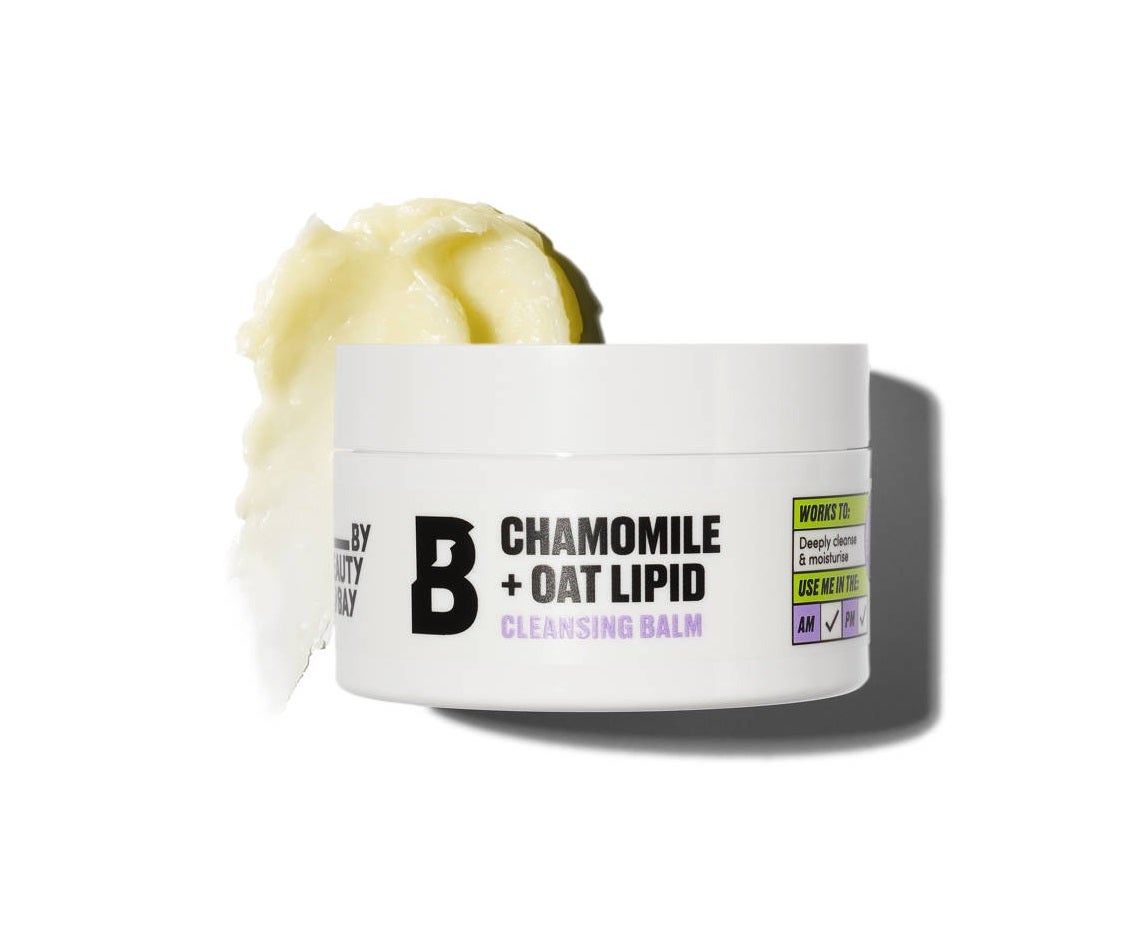
BEAUTY BAY Chamomile + Oat Lipid Cleansing Balm, £5 (was £10)
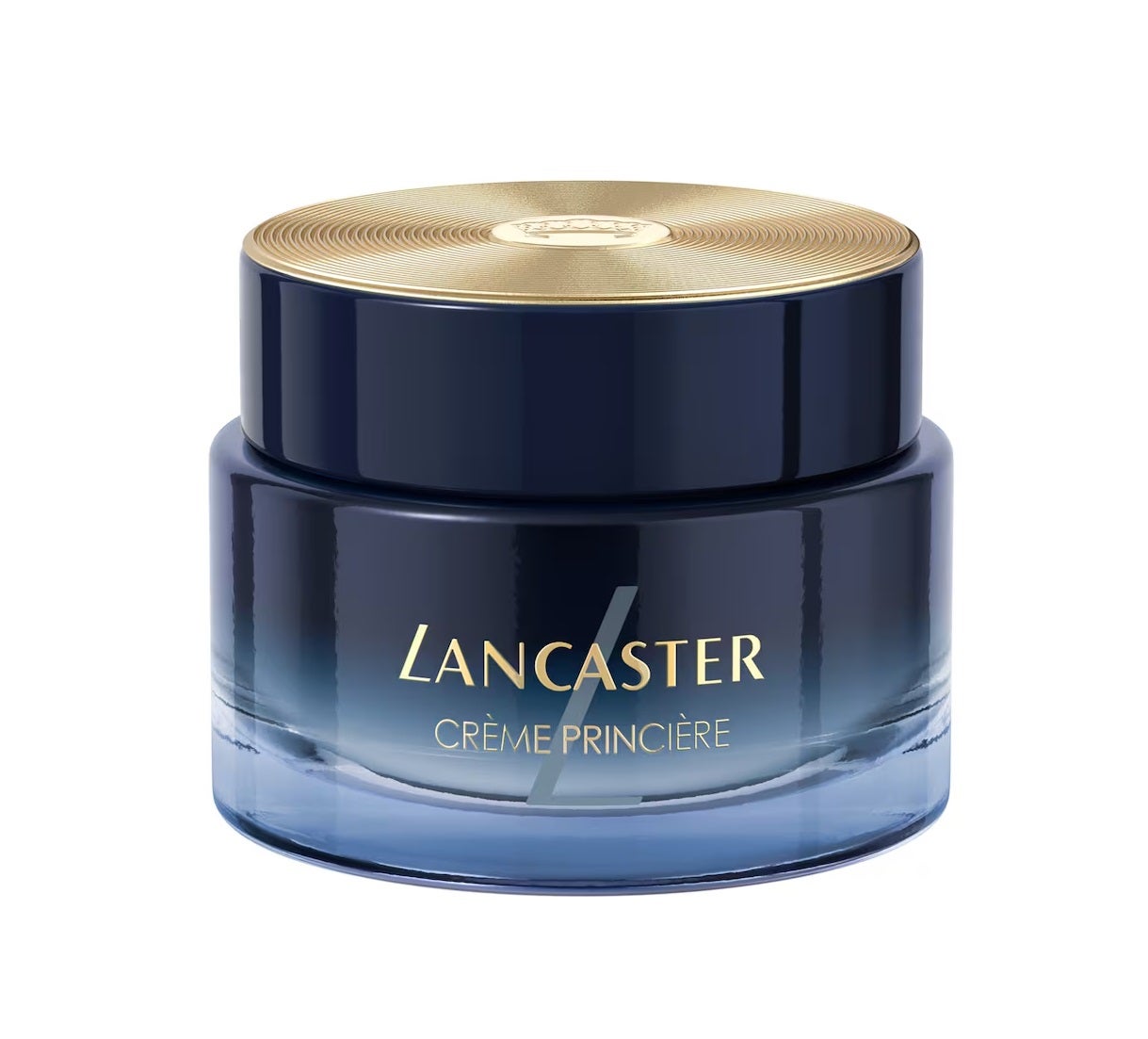
Lancaster Crème Princière Moisturiser, £240, Harrods
How to handle dryness with a skin condition
For those with skin conditions, winter can be particularly challenging. “Cold weather and dry air can trigger flare-ups,” says Di Pierro. She suggests soothing herbs like aloe vera and liquorice, which “help with inflammatory or allergic reactions”.
Ourian advises rich emollients for eczema: “Look for ceramide-based creams and avoid hot showers.” As overly hot water can strip the skin of its natural oils.
For rosacea, he recommends niacinamide and aloe vera, noting that “these soothe irritation and strengthen the skin barrier”.
Skin conditions that spotlight dryness means hydration is key. “Use a hyaluronic serum on damp skin, followed by an emollient-rich moisturiser,” says skin therapist and co-founder of Ella & Jo, Niamh Ryan.
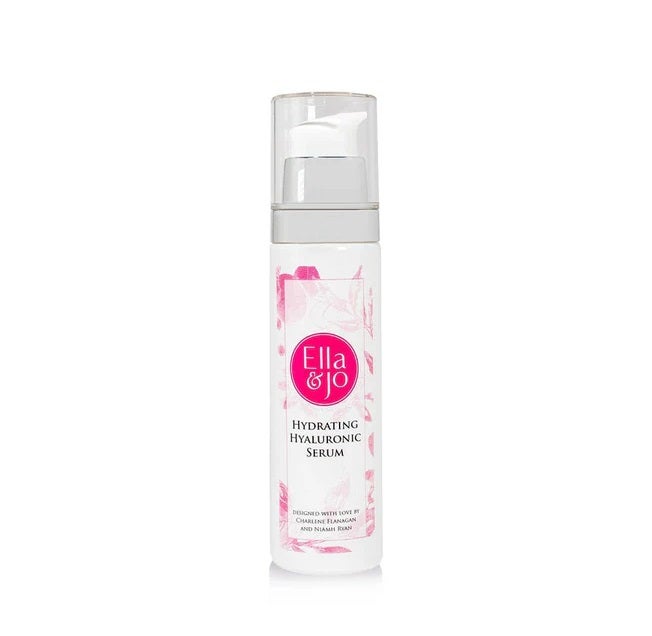
Ella & Jo Hydrating Hyaluronic Serum, £36
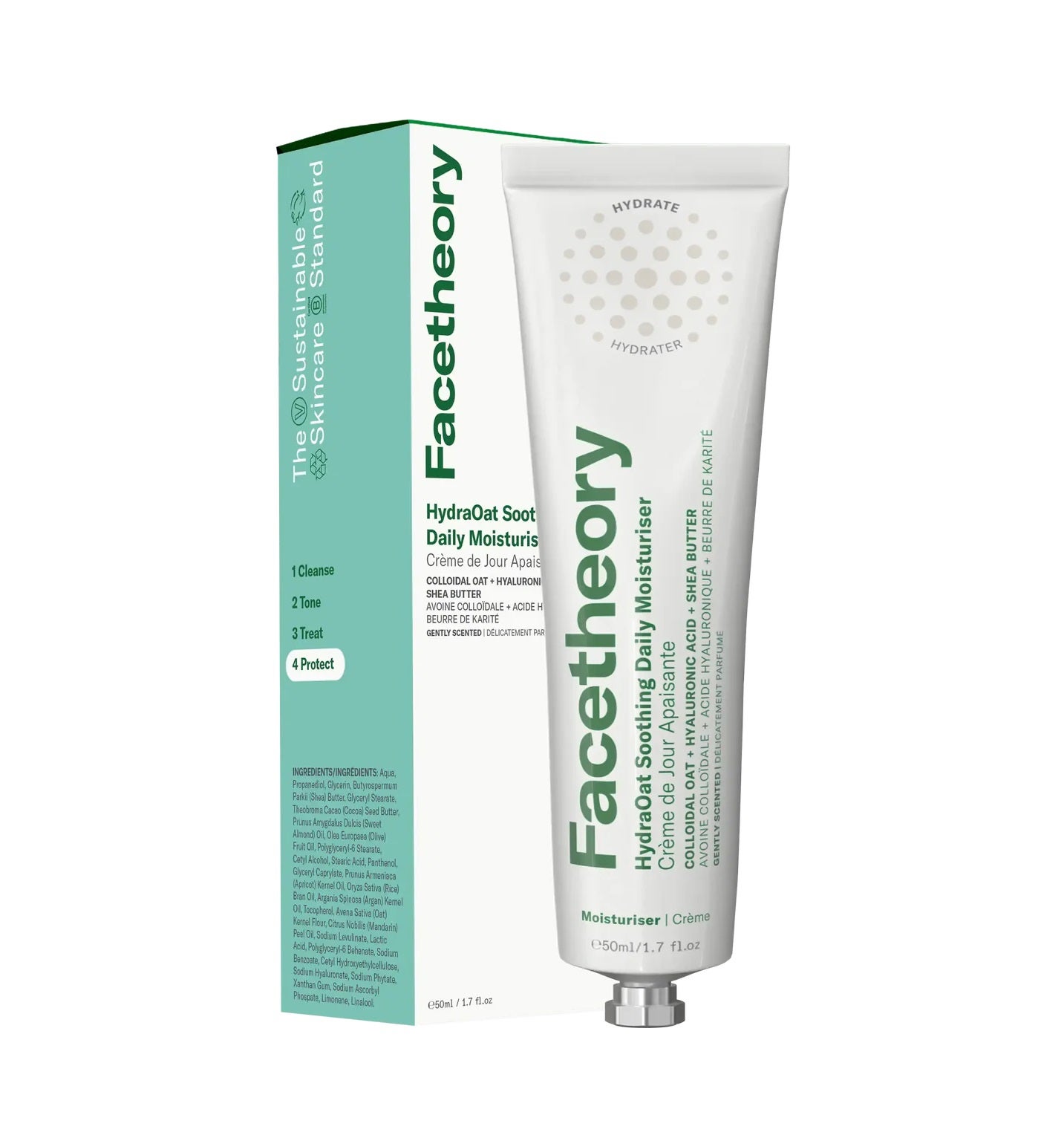
Facetheory HydraOat Soothing Daily Moisturiser, £16
How to find the perfect moisturiser (that doesn’t clog pores)
Winter is certainly the season for richer formulations, but balance is key. “Heavier creams can be beneficial, but it’s important to choose non-comedogenic options to avoid clogged pores and congestion,” says Ourian.
Lighter formulas are best for hydrating the skin in the cooler seasons. “Hydrating masks and oils can lock in moisture and rejuvenate the skin overnight,” says Moulton. “Try a double-cleansing balm in the evening to melt away make-up without stripping the skin, and layer a sleep oil on top for extra nourishment.”
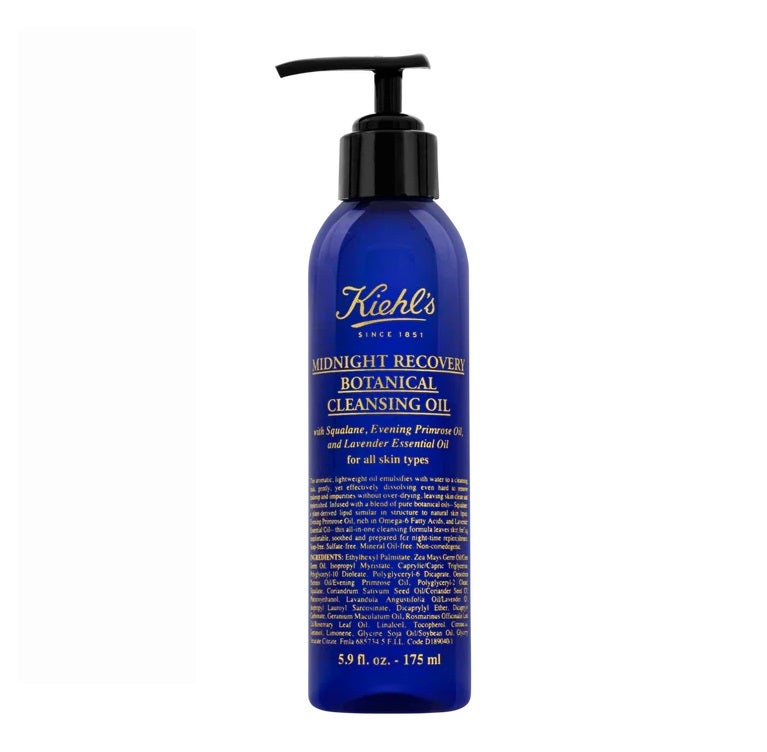
Kiehl’s Midnight Recovery Botanical Cleansing Oil, £40
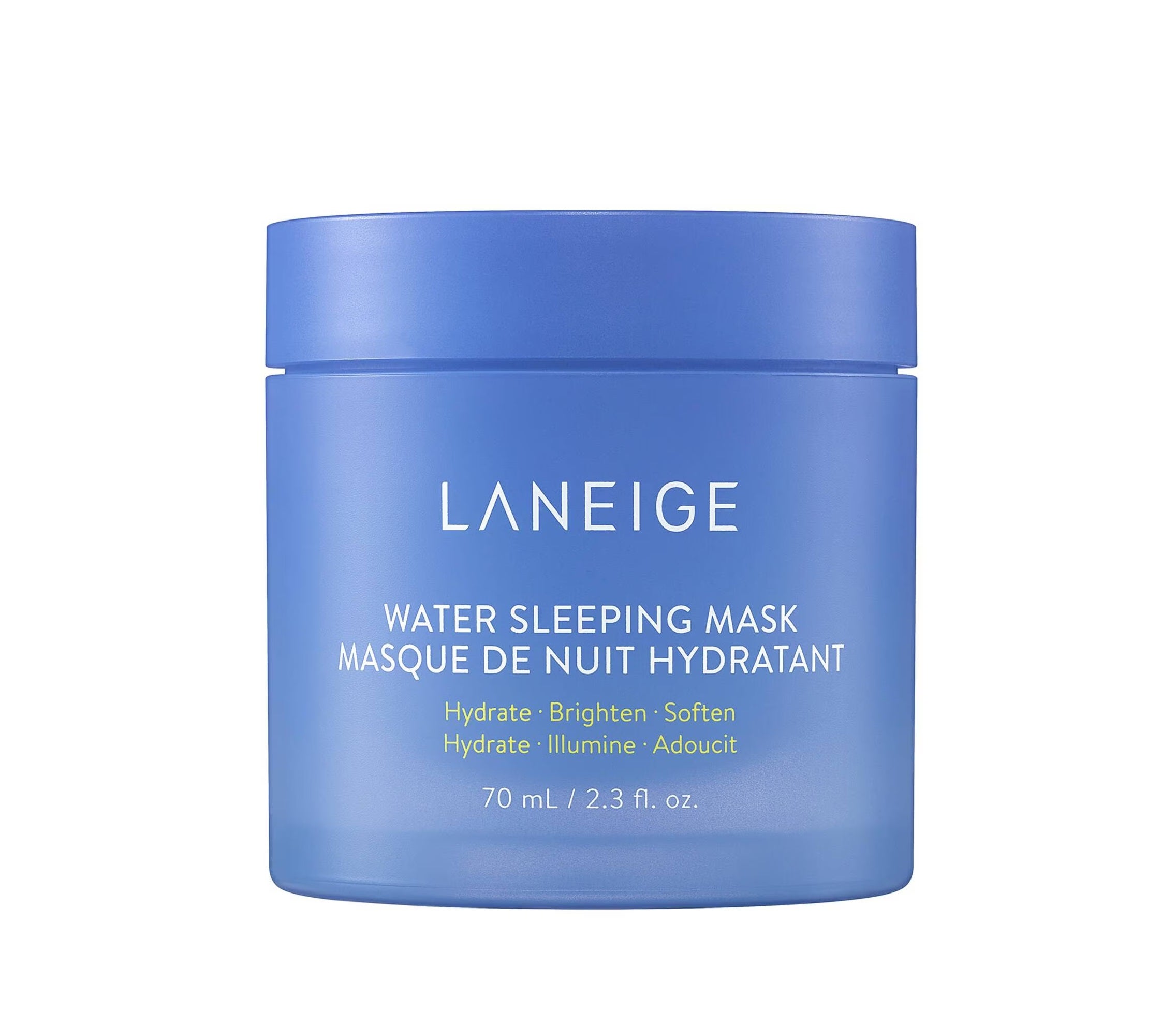
LANEIGE Water Sleeping Mask Probiotics – Overnight Hydrating Mask Water Sleeping Mask, £26, Sephora






